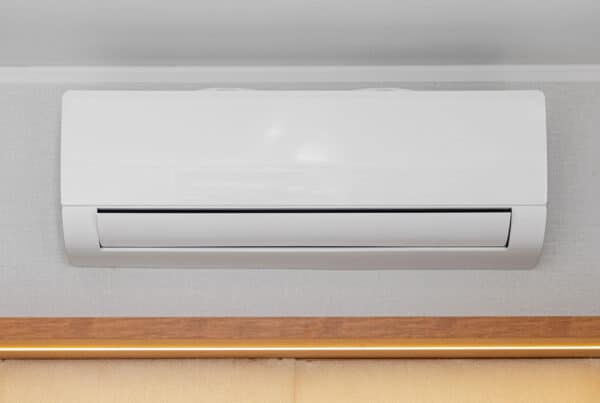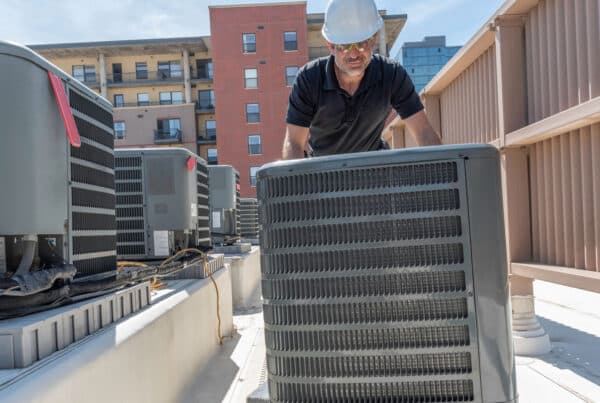In the winter of 2013, flu reached widespread levels in 47 states. The sudden outbreaks left many researchers wondering why flu was lingering so long in the air.
Cold weather was the obvious suspect, but it was discarded soon because some researchers argued that cold weather could not be the culprit. They theorized that it was children staying indoors and exchanging germs that was causing flu to spread.
Then, a second, more controversial, suggestion was made. It was not cold weather, but air with low humidity levels that was causing flu to attain epidemic proportions. The ammunition of the argument came from a 2010 article in PloS Biology written by Dr. Jeffrey Shaman of Oregon State University.
Dr. Shaman wrote that dry weather appeared “to increase the likelihood of an outbreak” because “it was present in 55-60% of the outbreaks” that he and his team had analyzed. He quantified the effects, “The virus response is almost immediate; transmission and survival rates increase and about 10 days later, the observed influenza mortality rates follow.”
Although other academics see a “promise in Shaman’s approach,” the scientific community has not been unanimous in siding with Dr. Shaman and blaming dry air for flu epidemics. However, there are other health issues, which experts agree, are caused by dry air.
What Dry Air Does to Your Health
Dry air can irritate and inflame the respiratory passages in your nose and throat, and worsen cold and asthma symptoms. That’s according to the U.S. National Library of Medicine.
The ill-effects of prolonged exposure to dry air do not end with cold and asthma. They include:
-
- Fatigue
- Headache
- Bloody nose
- Irritated nose
- Vocal cords irritation
- Cracked lips
- Dry cough
Surprised? You should not be because the scientific community has been aware of harmful influence on dry air on human health for a long time. Here are some excerpts from an article published in the American Journal of Public Hygiene in 1910.
The article’s author, W.E. Watt, started with an analogy but added quantitative evidence along the way.
Analogy:
“The man who works in a temperature above seventy with the air dry is committing no less a crime against his own nature than the man who takes the whiskey. He saps his own strength and any microbe that goes after him may have him.”
Evidence:
“I have found by actual experiment that the well person should not have over 62 degrees of air temperature, but the air should have a humidity of over 50 per cent.”
Watt did not stop at listing the harms dry air can do. He suggested adding water to air—through natural or artificial means—to protect your health. Modern research supports Watt.
Humidifier Benefit One: It Keeps You Healthy
A 2013 study, published in PloS One, found that raising indoor humidity levels to at least 43 percent renders approximately 85 percent of airborne viruses ineffective. The underlying science is not hard to comprehend.
Moisture sticks with the viruses and germs in the air, makes them heavy and unable to float, and causes them to drop to the ground. A healthy family is one of the main reasons Utah people love to install or keep humidifiers at their homes and offices.
Humidifier Benefit Two: It Keeps You Warm
Excessive humidity during Utah summers can make the sun unbearable. But the relationship between water content in air and temperature is in your favor during winters.
The wet air feels warmer than the cold air because it decreases the rate at which your body sweats.
Sweating is a biological process. It keeps us cool during summers. When the sweat on your body evaporates, it leaves behind low energy (cold) water molecules. You feel fresh.
But, if there is excessive moisture in air, the air is unable to absorb your sweat. As a result, your body stays warm. That means, increasing humidity in your home or office during summer is a natural and low-cost method to keep your body warm.
Humidifier Benefit Three: It Makes Life More Pleasant
Does your spouse snore? Do you have dry skin? Is the wooden furniture in your home or office developing cracks? Installing a humidifier can solve each of these three problems. You will have quieter nights, more attractive skin, and furniture that remains new-like for years.
Choosing a Humidifier is Difficult
Hold your excited self, before you run to buy a humidifier. The choice is practically endless and you can easily be confused. For instance, did you know that you can find five kinds of humidifiers in Utah alone?
Yup. Homeowners can choose between:
-
-
- Central humidifiers (most expensive and powerful)
- Evaporators
- Impeller humidifiers
- Steam vaporizers
- Ultrasonic humidifiers
-
As if that was not enough, the seller may ask you to select a size, brand, and numerous other things.
Luckily, you can eliminate confusion easily. All you need to do is to work with an experienced professional, like Manwill. You will end up saving tons of money.
Why Ask Manwill to Help You Buy a Humidifier
Because we test the quality of the air in your home or office for two–three days before making a suggestion. We then analyze the information which takes the guesswork out of the equation. As a result, you get a recommendation for a product that will produce the best results for you and your family.




